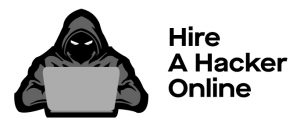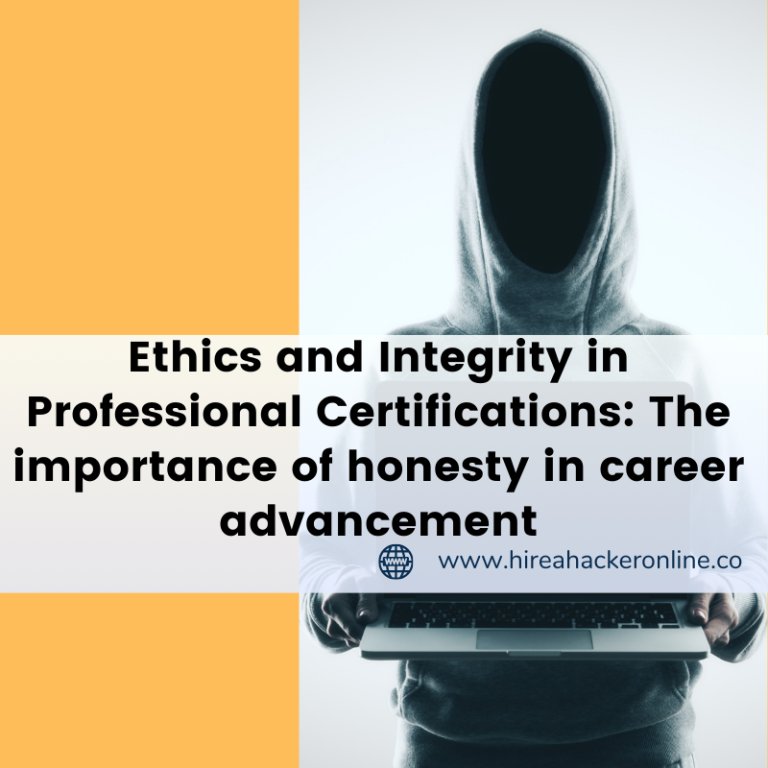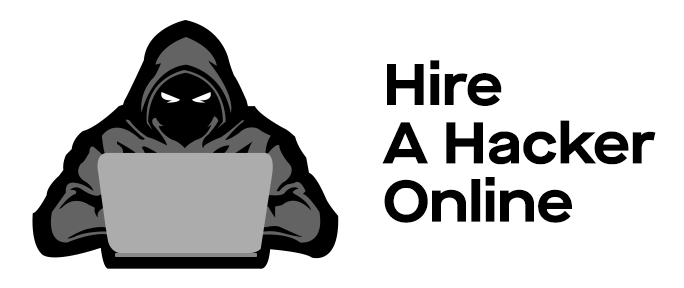Professional certifications help people stand out in today’s tough job market. With certifications, your skills and information are proven. But getting them should always be done in an honest and trustworthy way. Without these, qualifications like these are less valuable.
What Are Professional Certifications?
Professional licenses are proof that you know a lot about a certain subject. They prove that the person who has them has the skills to do their job well. Employers often look for qualified people because it gives them confidence in their skills. These licenses could be in IT, healthcare, project management, or a lot of other areas.
But even though they are important, getting them dishonestly can hurt jobs.
The Role of Ethics in Certifications
Ethics are the rules of right and wrong that tell us how to act. To get a professional license, you need to follow the rules and do the right thing. When people follow moral rules, they honestly earn their marks. They get the training they need, learn what they need to, and pass the tests in a fair way.
Certifications don’t mean anything without standards. If people lie or cheat to get them, companies won’t believe that the qualified person really knows what they’re talking about.
The Consequences of Dishonesty
If you lie when you apply for licenses, bad things can happen. It’s easy to see that trust has been lost. It’s hard for someone to get their confidence back after being caught cheating. In fields that depend a lot on trust, this can make it harder to move up in your job. Also, if a company finds out that a certification was gained dishonestly, the person could be fired.
If a business hires someone whose certification was obtained illegally, it could hurt its image. Customers expect qualified workers to provide them with good service. When clients don’t trust you, they might go with a rival.
Integrity as a Career Foundation
Being honest means always doing the right thing, even when no one is looking. You have to put in the work and learn the subject in order to get skilled certifications. It means being honest about problems and seeing loss as a way to grow.
People who earn their licenses learn new things and feel like they’ve accomplished something. You can’t get this feeling back by cheating. Honesty boosts self-esteem and lays the groundwork for job growth.
Employers value honesty just as much as they value technical skills. People who can be trusted are what they want to hire. Individuals who behave honestly during the licensing process are likely to do so at work as well.
Why Honesty Matters in Career Advancement
Getting ahead in your career takes more than just having the right skills. People who employers can trust should be promoted. They want leaders who will always do the right thing, even when it’s hard. Getting a license is the first thing that shows that you can be trusted.
Additionally, being honest shows that a person wants to keep learning. Getting a license is a good way to learn useful things. It gets workers ready for what they’ll face in the real world. People who take shortcuts might not have the knowledge they need to get to better places.
For promotions and professional growth, you need to be good at your job and have good character. Honest professionals are both experienced and reliable.
How to Uphold Ethics During Certification
It’s not hard to stay ethical during the licensing process. To make sure you keep your word, follow these easy steps:
- Follow the Rules
There are rules for every licensing method. Do what they say exactly. It is important to follow the rules, whether you must take necessary classes or tests without outside help.
- Prepare Honestly
Set aside time to learn and study the information. This will help you pass the test and will also help you do well in your job in the long run. It may be easy to make quick changes, but they don’t help in the long run.
- Accept Failure
Giving up on a test doesn’t mean the end of the world. Failure is sometimes a good way to learn. It can show you where you need to make changes. If you fail, learn from it and try again.
- Report Cheating
If you see someone acting inappropriately during the licensing process, you should report it. This keeps the certificates’ worth high and the profession’s reputation clean.
- Stay Updated
For many licenses, you need to keep learning. Stay dedicated to learning new things all the time. This keeps you up-to-date in your area and shows that you want to grow professionally.
The Broader Impact of Ethical Certifications
When employees honestly earn licenses, the whole industry becomes stronger. Qualified people can do their jobs well, so companies can trust them. People who hire qualified workers can trust the services they provide. This makes trust grow, which is good for everyone.
Also, people who earn licenses honestly encourage others to do the same. In the workplace, it sets a bar for being honest and responsible. When new young workers join the field, they will understand how important it is to follow ethics and be likelier to do so.
On the other hand, common lying in certifications can cause standards to drop in a business. When people doubt the validity of qualifications, it hurts the whole field. Ethics ensure that businesses continue to do well and that people trust them.
Conclusion
Getting professional certifications is a great way to move up in your work. But what makes them valuable is how you get them. Being honest and having ethics are very important for keeping the credibility of these qualifications.
Professionals not only learn useful things by following ethical rules, but they also build trust with clients and bosses. Any process for getting certified should start with honesty. It keeps the standards of the industry high and guarantees long-term job success. Ultimately, being honest while getting certificates shows that you want to grow as a person and worker.
Ethics and honesty are important for getting ahead in a world where faith is very important.
Sources:




